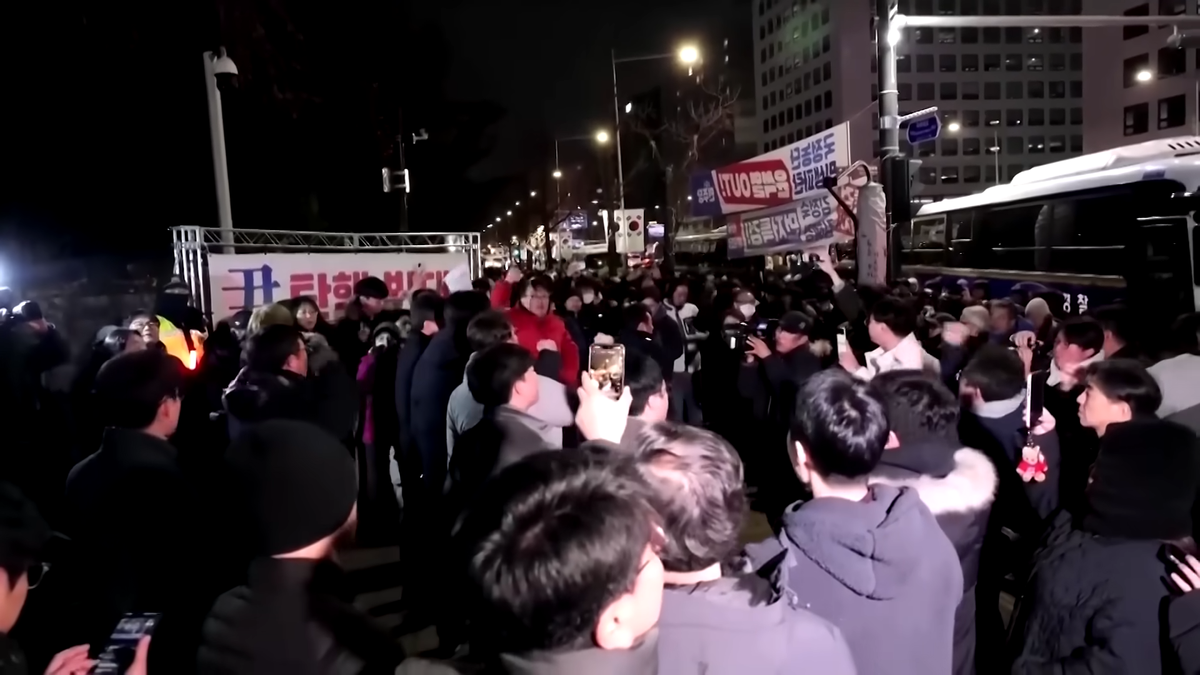Table of Contents
South Korea is planning to remove its ban on institutional crypto trading, potentially at some point this year.
According to local media, the nation's financial regulator, the Financial Services Commission (FSC), has announced plans to gradually permit institutional access to local crypto exchanges, beginning with non-profit organizations.
Until this point, South Korean banking guidelines have dictated that crypto trading has been limited to retail investors with verified accounts, essentially blocking institutional traders.
The move builds on the foundations of the Virtual Asset User Protection Act, enacted in July 2024 which introduced measures to safeguard investors such as including mandatory cold wallet reserves for exchanges, the storage of user funds in financial institutions, and the procurement of insurance against potential losses
South Korea’s efforts to modernize its crypto sector have been stinted by political turmoil, including the declaration of martial law in December 2024 under then-President Yoon Suk Yeol.
Key initiatives, such as the legalization of securities token offerings (STOs) and the introduction of real-name corporate crypto accounts, were postponed amid the unrest..
Now the FSC plans to implement stricter standards for speculative assets like meme coins and adopt forensic tools to combat illicit trading.
“We need to discuss how to create listing standards, what to do with stablecoins, and how to create rules of conduct for virtual asset exchanges,” FSC Secretary-General Kwon Dae-young said. “We will work to align with global regulations in the virtual asset market.”
The FSC will also revise the Special Financial Transactions Act to review the eligibility of major shareholders in virtual asset firms.












